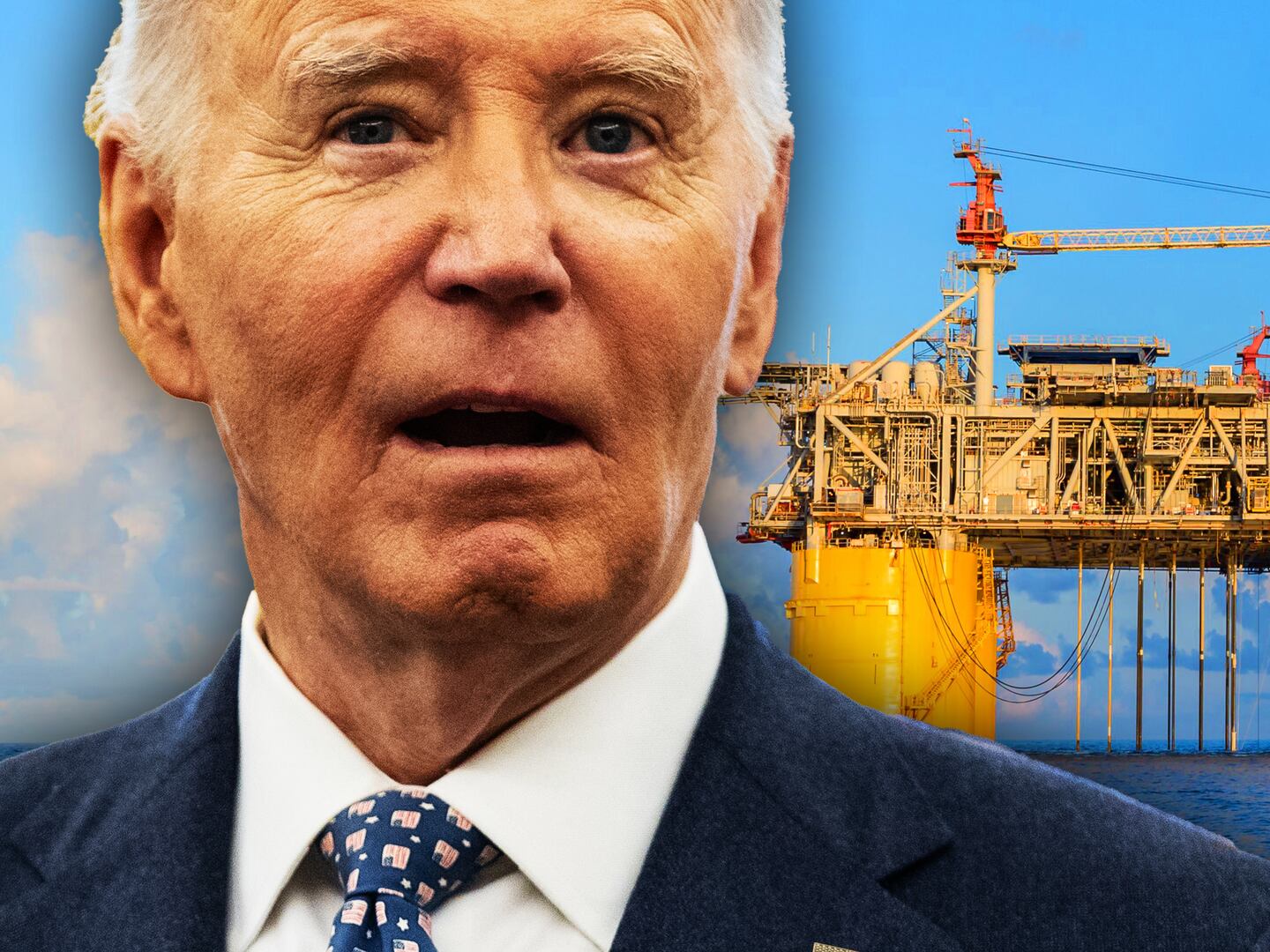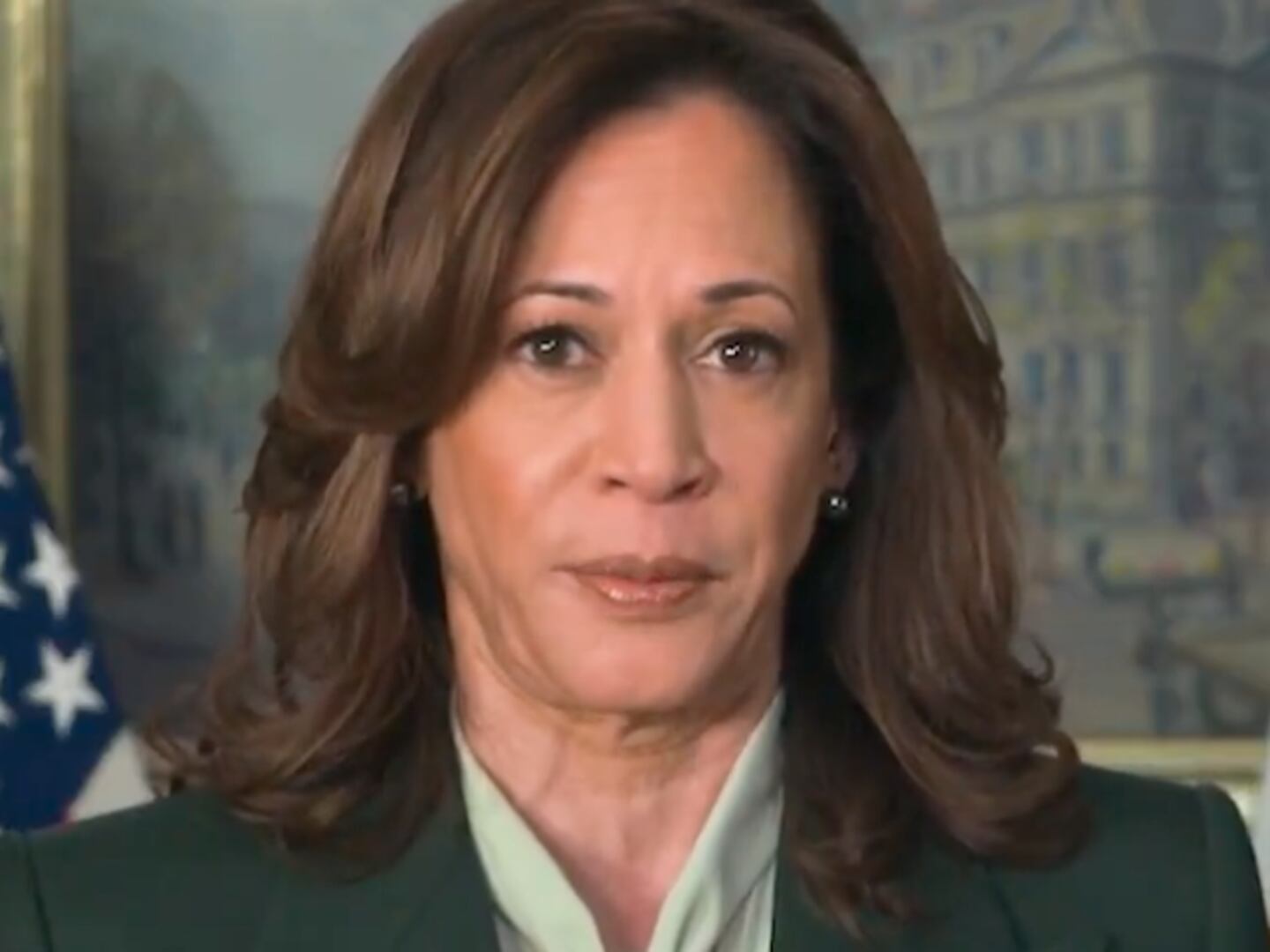World
Photo Illustration by The Daily /Photo Illustration by The Daily Beast
Reporters Dox Putin’s Top-Secret Hitmen Team
SELFIE FAIL
As two Russian would-be assassins’ cover story crumbles, Putin tells the world their target is a ‘scumbag’ who had it coming.

Trending Now





